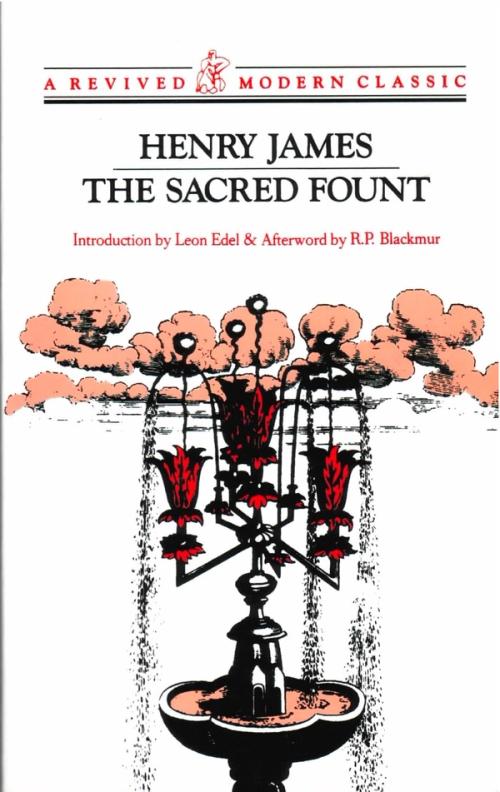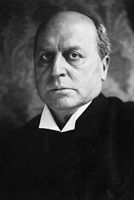The Sacred Fount
Fiction by Henry James
One of Henry James’s most mesmerizing and unusual novels, The Sacred Fount (1901) has for its scene a weekend party at the great English country house Newmarch. Here James leads the reader down a bizarre garden path. The Sacred Fount––his only novel to employ a first-person narrator––places us in the hands of an obsessive novelist (never named and never described, but perhaps familiar), who detects alarming changes in his acquaintances. A woman known for her élan has lost her poise, a dull man is charming; a friend is suddenly aged, a plain woman sparkles. Where one improves, another seems to suffer. With “plunges of insight,” “as noiseless and guarded as if I were trapping a bird,” the narrator stalks his fellow guests through the weekend, avidly trying to make sense of what he comes to believe are actual exchanges of life force. “The sacred fount,” as R.P. Blackmur noted, “is the mystery of the power that passes among us, depleting or restoring us, in friendship, in love, even in more public relations …. [Here] is the beautiful, the critical job of making that mystery manifest.”
Paperback(published Jan, 01 1995)
- ISBN
- 9780811212793
- Price US
- 18.95
- Trim Size
- 5x8
- Page Count
- 240

